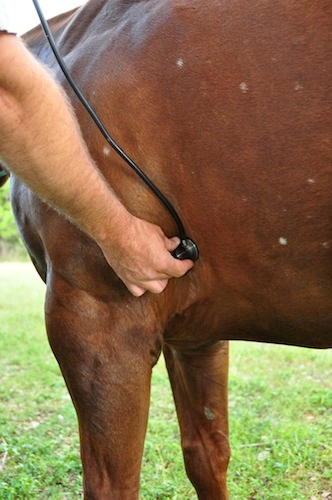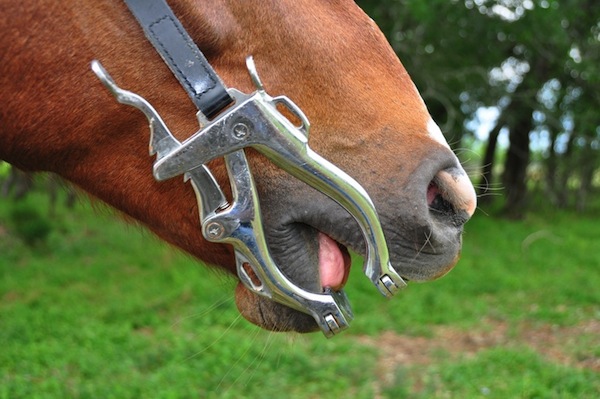Performance Equine Dentistry
The natural diet of wild horses allows their teeth to wear more evenly and effectively. Modern horses, however, typically enjoy softer forage that is supplemented with processed feed. This domestic diet impacts wear on horses teeth and causes the development of abnormal war patterns and sharp points. In addition, today’s performance and companion horses live much longer than their wild counterpart. The degree of dental care received as a horse ages strongly influences the quality of life as they grow older. Environment, diet, and longevity all contribute to the need for preventative dental care in horses.
Dr. Warren takes a thorough, safe, and gentle approach to the equine dental care. What to expect:
General health exam:

- Body condition scoring
- Observing tome and symmetry of masseter and temporal muscles
- Chiropractic exam and adjustment of TMJ, hyoid, and poll
- Listening to heat to detect murmurs and arrhythmias
- Discuss dental related issues such as weight loss, dropping feed, and biting or performance problems
Safe sedation:
A safe drug protocol is used to mildly sedate patients so they remain relaxed during the whole dental procedure. Sedation is essential to performing good dentistry in horses. Dr. Warren does not restrain horses by nose twitch or tying their head up to any structure. A reversal drug can be given when the dental procedure is complete to help horses wake up sooner.
As the sedation takes effect, the horses’ mandible is manipulated to determine the amount of side to side movement of its lower jaw in relation to its upper jaw. This helps determine what corrections are needed to equilibrate (balance) the horses incisors, molars, and TMJ.
Full moth speculum & through exam:

A full mouth speculum is essential to prevent injury, conduct a good dental exam, and to access the rear molars during the dental procedure. Sharp points, abnormal wear patterns, damaged/broken teeth, and conformational issues are noted and discussed with the owner.
Dental float:
Modern motorized equipment designed specifically for equine dentistry is used. Various attachments are used that are specific for certain teeth and areas of the mouth to perform complete dentistry and minimize trauma to soft tissue. Sharp points are smoothed, hooks, ramps, and waves addressed, and finally necessary adjustments are made to molars and incisors to balance the horses mouth.
Mouth flushed after dental procedure is complete
Instruments disinfected:
All dental instruments are properly cleaned with an iodine disinfectant between patients.
Dental record provided to owner
